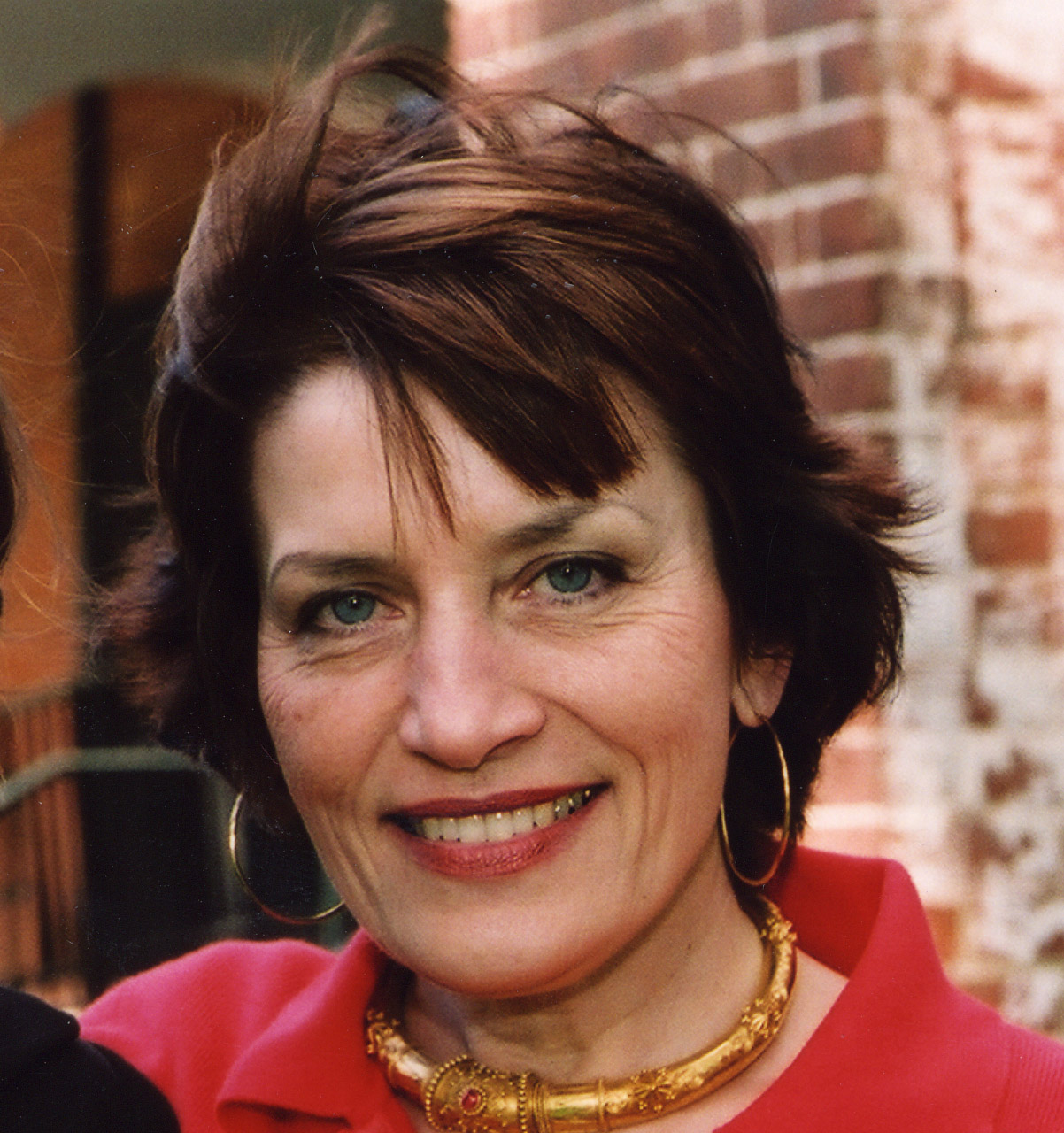July 5, 2007 -- Ingrid Soudek Townsend first arrived on Grounds 34 years ago in 1973 in the School of Engineering and Applied Science’s Humanities Division, now known as the Department of Science, Technology and Society. She was the first full-time female faculty member hired by the engineering school. In May 2008, Professor Townsend will retire; her legacy, however, will remain.
In recognition of her dedication to excellence in undergraduate teaching, the STS department has established the Townsend Prize. The award celebrates a woman who has been an advocate for humanities in engineering education for more than three decades. Awarded semiannually, the Townsend Prize recognizes the best undergraduate research paper in STS 101 — a required course for all engineering students that allows them to explore many different perspectives on the intersections among technology, society and engineering. This interdisciplinary approach typifies a key strength of Professor Townsend’s teaching career.
“Ingrid’s commitment to teaching is remarkable,” says Deborah Johnson, a professor in and chair of STS. “She has been an inspiration for many who have pursued an engineering education, and it is fitting that an award recognizing excellence celebrates her time at U.Va.’s engineering school.”
Professor Townsend chaired the STS department for more than seven years and served as an advocate for female faculty and students throughout her career.
“I was completely surprised when I found out,” says Townsend about the award. “I am honored that an award that carries my name will be used to recognize students who have illustrated their understanding of technology and society.”
In February 2007, the first Townsend Prize was awarded to Yihwa Yang (BME ’09) for her STS 101 paper, titled “The Centennial Development of the Botulinum Toxin as Biological Weapon, Medicine and Botox Cosmetic.” Her piece was chosen from more than 200 undergraduate research papers.
In her paper, Yang discusses the Botulinum Toxin or “the most deadly poison known to humanity.” The U.S. Military pioneered the purification of this toxin during World War II, seeking an effective agent for biological warfare. As research funds shifted into civilian and medical applications after the war, so too did the interest in this substance. Today, rising national wealth and the social acceptance of cosmetic surgeries have lead to the cosmetic uses of this unlikely medicine.
“I was surprised and excited to find out that I had won,” said Yang. “It means a lot that my paper was chosen to commemorate Professor Townsend’s legacy at U.Va.”
Yang’s paper is evidence of the fundamental thrust of the STS department: real success in the field of engineering depends not only upon technical mastery but also a keen understanding of the surrounding social, political, economic and cultural worlds that engineering and technology seek to serve and advance.
U.Va. engineering’s STS department is the only program of its kind housed within an engineering school at a comprehensive university. The department plans to award one Townsend Prize every semester, with the ultimate hope that the award will be endowed in the future.
In recognition of her dedication to excellence in undergraduate teaching, the STS department has established the Townsend Prize. The award celebrates a woman who has been an advocate for humanities in engineering education for more than three decades. Awarded semiannually, the Townsend Prize recognizes the best undergraduate research paper in STS 101 — a required course for all engineering students that allows them to explore many different perspectives on the intersections among technology, society and engineering. This interdisciplinary approach typifies a key strength of Professor Townsend’s teaching career.
“Ingrid’s commitment to teaching is remarkable,” says Deborah Johnson, a professor in and chair of STS. “She has been an inspiration for many who have pursued an engineering education, and it is fitting that an award recognizing excellence celebrates her time at U.Va.’s engineering school.”
Professor Townsend chaired the STS department for more than seven years and served as an advocate for female faculty and students throughout her career.
“I was completely surprised when I found out,” says Townsend about the award. “I am honored that an award that carries my name will be used to recognize students who have illustrated their understanding of technology and society.”
In February 2007, the first Townsend Prize was awarded to Yihwa Yang (BME ’09) for her STS 101 paper, titled “The Centennial Development of the Botulinum Toxin as Biological Weapon, Medicine and Botox Cosmetic.” Her piece was chosen from more than 200 undergraduate research papers.
In her paper, Yang discusses the Botulinum Toxin or “the most deadly poison known to humanity.” The U.S. Military pioneered the purification of this toxin during World War II, seeking an effective agent for biological warfare. As research funds shifted into civilian and medical applications after the war, so too did the interest in this substance. Today, rising national wealth and the social acceptance of cosmetic surgeries have lead to the cosmetic uses of this unlikely medicine.
“I was surprised and excited to find out that I had won,” said Yang. “It means a lot that my paper was chosen to commemorate Professor Townsend’s legacy at U.Va.”
Yang’s paper is evidence of the fundamental thrust of the STS department: real success in the field of engineering depends not only upon technical mastery but also a keen understanding of the surrounding social, political, economic and cultural worlds that engineering and technology seek to serve and advance.
U.Va. engineering’s STS department is the only program of its kind housed within an engineering school at a comprehensive university. The department plans to award one Townsend Prize every semester, with the ultimate hope that the award will be endowed in the future.
Media Contact
Article Information
July 5, 2007
/content/engineering-honors-faculty-member-student-first-ingrid-soudek-townsend-prize-celebrates

